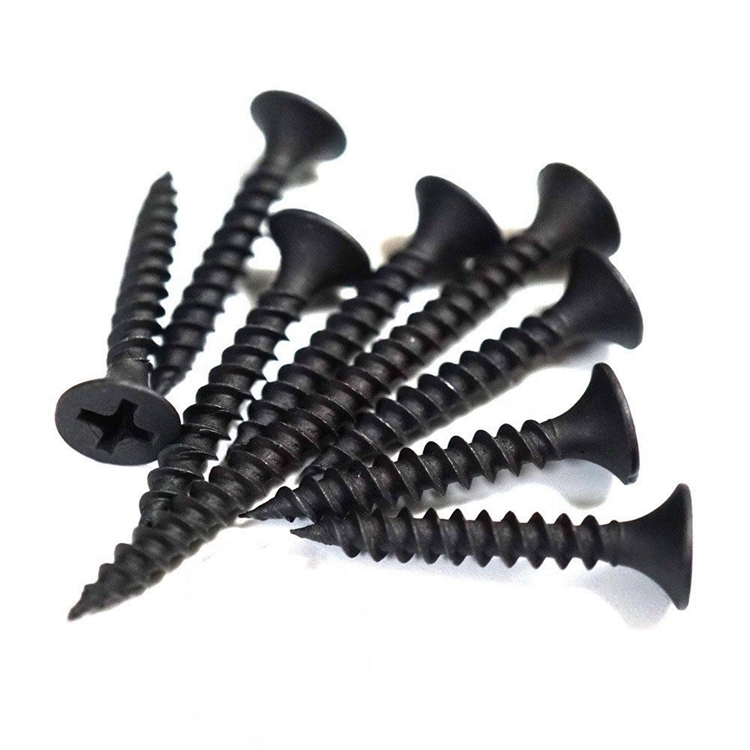Custom GB Spring Washer Solutions for Various Applications and Industries
Nov . 27, 2024 05:28 Back to list
Custom GB Spring Washer Solutions for Various Applications and Industries
Custom GB Spring Washer A Comprehensive Guide
In the realm of mechanical engineering and manufacturing, the importance of reliable fastening components cannot be overstated. Among these components, the spring washer plays a pivotal role in ensuring that bolts and nuts maintain their integrity, especially in dynamic environments where vibration and movement are prevalent. When it comes to custom GB (Guobiao) spring washers, there are various considerations that engineers and manufacturers should keep in mind to ensure optimal performance and reliability.
What is a Spring Washer?
A spring washer is a type of conical or flat washer made of spring steel that exerts a force against the fastener. Its primary purpose is to prevent loosening, accommodate slight misalignments, and absorb shock loads. The design of a spring washer allows it to act like a spring, providing a resilient element that can maintain pressure on the nut or bolt. This feature is critical in environments subject to oscillation or vibration, such as automotive, machinery, and structural applications.
Custom Spring Washers According to GB Standards
The GB standards, formally known as Guobiao standards, are national standards in China that cover a wide array of products, including various types of fasteners. Custom GB spring washers are produced in accordance with these standards to ensure consistency, performance, and safety. The customization aspect allows engineers and designers to specify particular dimensions, materials, and shapes to meet specific operational requirements.
Benefits of Custom GB Spring Washers
1. Tailored Specifications Customization allows for washers that precisely match the requirements of the application, including size, thickness, and material properties.
2. Improved Performance Properly designed spring washers facilitate better load distribution and enhance the retention of nuts and bolts, significantly reducing the risk of loosening during operation.
3. Material Variety Custom manufacturing processes allow engineers to select from a range of materials, such as stainless steel, carbon steel, or specialty alloys, depending on environmental considerations like corrosion, temperature, and load capacity.
4. Cost-Effective Solutions By specifying only the required features and dimensions, companies can optimize material usage and reduce waste, resulting in cost savings in manufacturing.
custom gb spring washer

Factors to Consider When Ordering Custom GB Spring Washers
When procuring custom GB spring washers, there are several key factors to consider
1. Load Requirements Understand the load conditions that the spring washer will face. This includes static and dynamic loads, which will impact the design specifications.
2. Environmental Conditions Consider factors like temperature, exposure to chemicals, and humidity. This will influence the choice of material used in the washer's construction.
3. Installation Method Consider how the spring washer will be installed. Some designs may require specific orientations or installation techniques to function effectively.
4. Compliance and Certification Ensure that the manufacturer complies with GB standards and any other relevant industry certifications. This is important for quality assurance and can be crucial for certain applications.
5. Lead Time and Production Volume Discuss lead times with the manufacturer to ensure that they can meet delivery schedules, especially for large production runs or projects with tight timelines.
Conclusion
In conclusion, custom GB spring washers are essential components in various engineering applications, offering benefits such as improved performance, material versatility, and cost savings. By focusing on tailored specifications and taking into account the specific needs of the application, engineers and manufacturers can significantly enhance the reliability of their fastening systems. Ultimately, the right spring washer can make a crucial difference in ensuring the integrity and longevity of mechanical assemblies across diverse industries.
Latest news
-
High-Quality Panel Stud Bolt Reliable Panel Stud Bolt Factory & Suppliers
NewsJul.08,2025
-
High-Precision Fine Thread Locknuts Manufacturer & Supplier Custom Solutions
NewsJul.08,2025
-
PH Imperial Stud Bolt – High Strength Fasteners from Leading Supplier & Factory
NewsJul.07,2025
-
High-Quality Allen Wrench Bolts Leading Factory, Company & Suppliers
NewsJul.07,2025
-
Wholesale Ball Stud Bolt - High Quality Supplier & Factory Price Reliable Wholesale Ball Stud Bolt Company
NewsJul.06,2025
-
High-Strength Alloy Bolts Manufacturer & Supplier Quality Alloy Fasteners Factory
NewsJul.06,2025
